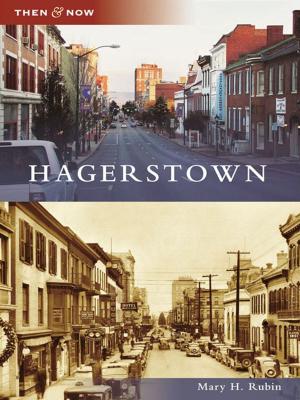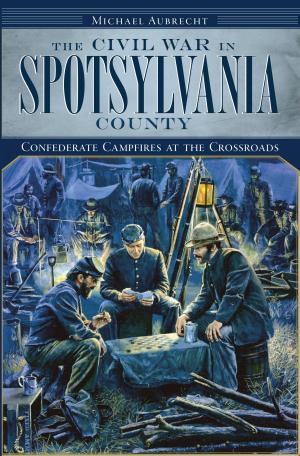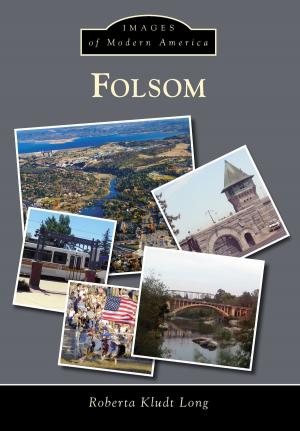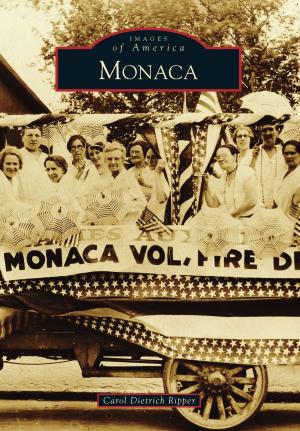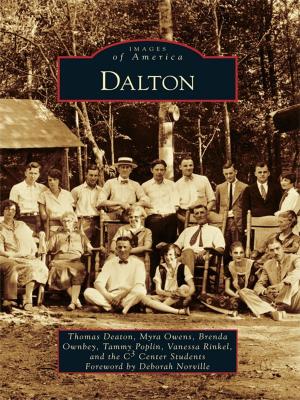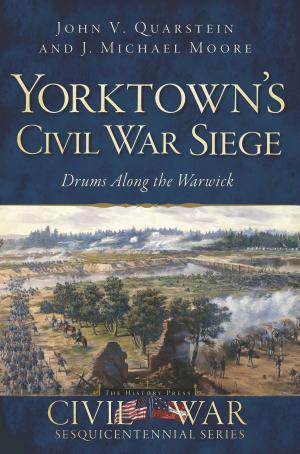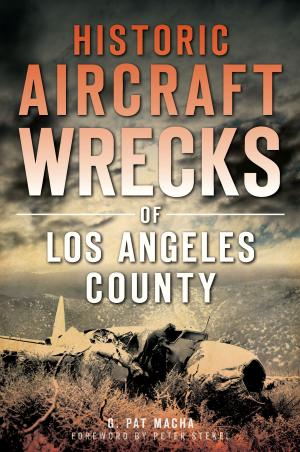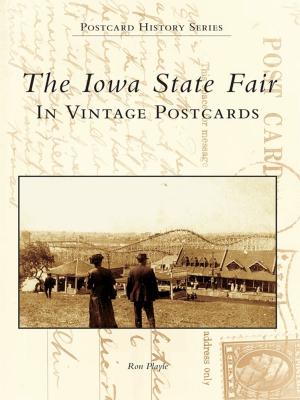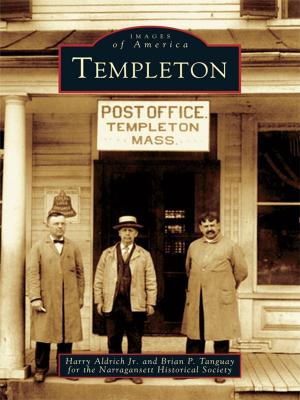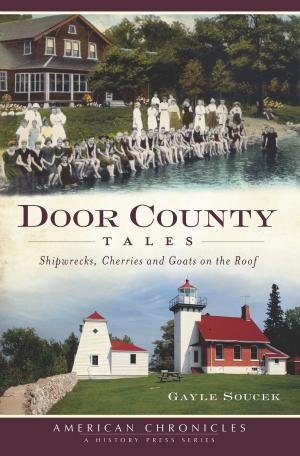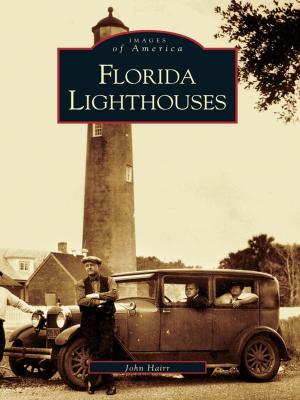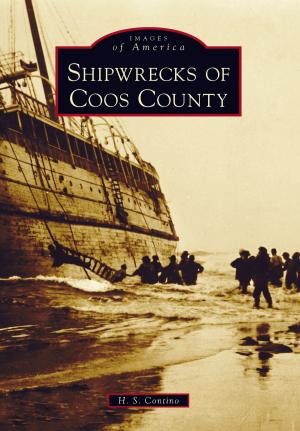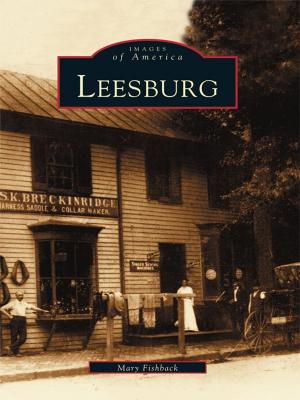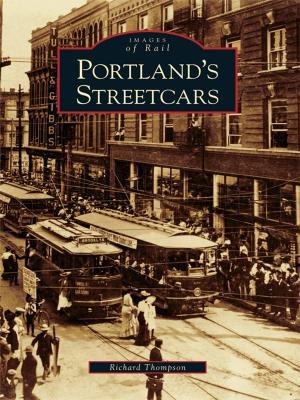Miami and Erie Canal
Nonfiction, Art & Architecture, Architecture, Public, Commercial, or Industrial Buildings, Travel, Pictorials, Photography| Author: | Bill Oeters, Nancy Gulick | ISBN: | 9781439647134 |
| Publisher: | Arcadia Publishing Inc. | Publication: | September 8, 2014 |
| Imprint: | Arcadia Publishing | Language: | English |
| Author: | Bill Oeters, Nancy Gulick |
| ISBN: | 9781439647134 |
| Publisher: | Arcadia Publishing Inc. |
| Publication: | September 8, 2014 |
| Imprint: | Arcadia Publishing |
| Language: | English |
In the 1800s, the United States was a nation obsessed with finding a form of transportation that was the fastest, cheapest, and most reliable; at the time, canals were the answer. Canals broke through vast, open countryside, forested woodlands, and rolling hills to expose the heart of the nation to development. They took passengers and goods off of dusty or muddy roads and delivered them to their destinations faster and cheaper than by any other means. From Toledo to Cincinnati, the Miami and Erie Canal provided western Ohio with that sorely needed waterway and became part of the 1,000 miles of Ohio canals contributing to the national network of canals. Today, with the help of government, corporations, and citizens, many parts of the Ohio canal system have been preserved or restored and can be visited and experienced. Watered sections of canal quietly reflect a bygone era and lead an explorer down the towpaths of history.
In the 1800s, the United States was a nation obsessed with finding a form of transportation that was the fastest, cheapest, and most reliable; at the time, canals were the answer. Canals broke through vast, open countryside, forested woodlands, and rolling hills to expose the heart of the nation to development. They took passengers and goods off of dusty or muddy roads and delivered them to their destinations faster and cheaper than by any other means. From Toledo to Cincinnati, the Miami and Erie Canal provided western Ohio with that sorely needed waterway and became part of the 1,000 miles of Ohio canals contributing to the national network of canals. Today, with the help of government, corporations, and citizens, many parts of the Ohio canal system have been preserved or restored and can be visited and experienced. Watered sections of canal quietly reflect a bygone era and lead an explorer down the towpaths of history.

